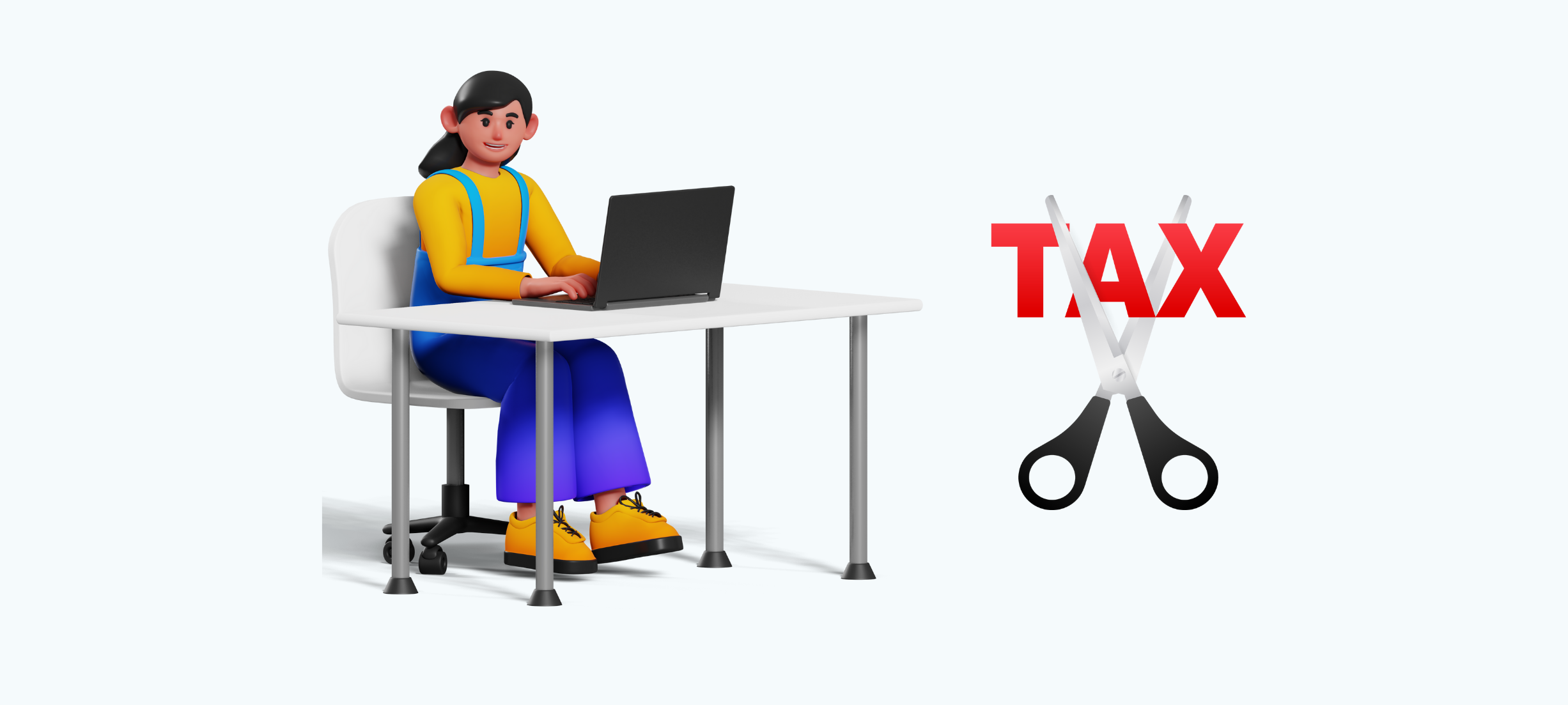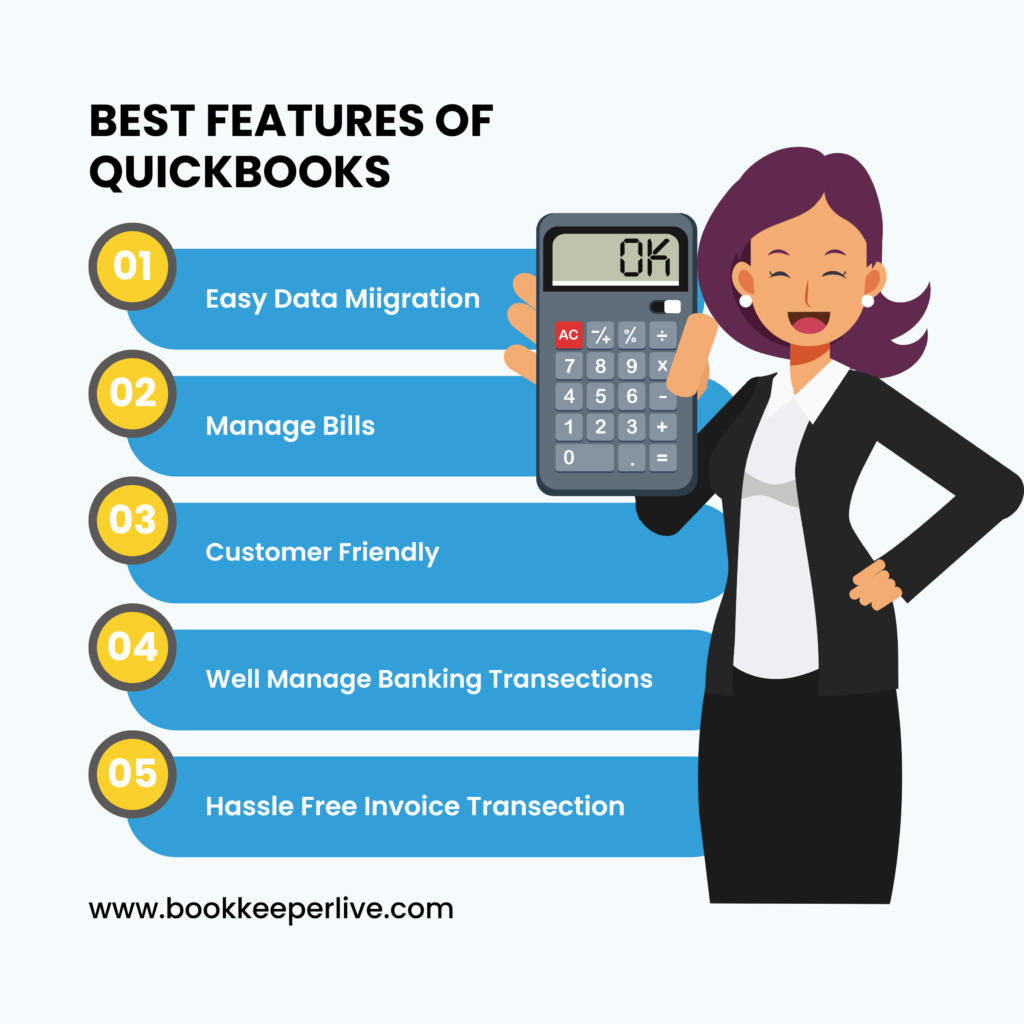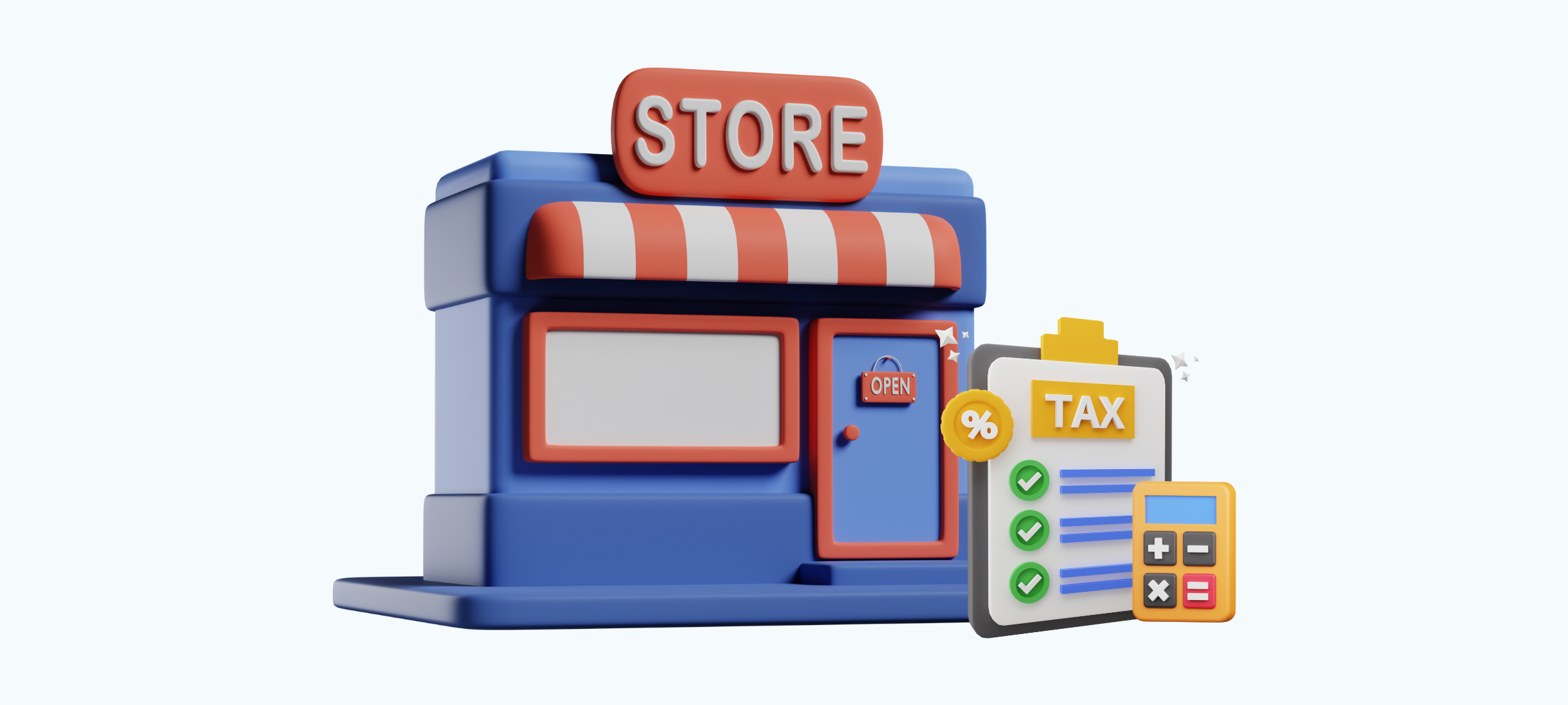
Managing a small business involves taking care of multiple tasks and priorities, including financial management. However, you can simplify your accounting and financial management with the QuickBooks tool. It is a widely used accounting tool for small and mid-sized businesses, for making financial management easier. This simplified accounting solution lets you track money in and out, pay employees, and stay ready for tax season. In the article below, we showcase how QuickBooks works and what it can do for you. Understanding the key functions of QuickBooks will enable you to manage your finances better and improve financial decisions.
QuickBooks is accounting software for small businesses made by Intuit. It tracks income, expenses, and profits. You can send invoices, pay bills, and see clear reports. You can choose QuickBooks Online, Desktop, Payroll, or Time. Many choose QuickBooks Online because it’s simple and works anywhere. You can try QuickBooks free for 30 days. After that, you pay each month or year. QuickBooks makes accounting easier. But you need to know how to use it well. If you don’t, it can waste time. It helps to work with an expert if you need support.
Here are the top functions that make QuickBooks an indispensable tool for modern businesses:
Creating invoices with QuickBooks is simple. You can add your company logo and colors to make invoices look professional. The software lets you save customer details so you don't have to type them every time.
You can set up invoices to send automatically for regular customers. QuickBooks tracks which invoices customers have opened and which ones are overdue. It can send payment reminders too.
Customers can pay directly through the invoice using credit cards or bank transfers. This helps you get paid faster.
QuickBooks keeps track of all your business expenses. You can take photos of receipts with your phone, and the software stores them safely online. No more lost paper receipts.
The software connects to your bank accounts and credit cards. It downloads your transactions automatically and sorts them into categories. This saves hours of typing and reduces mistakes.
You can review and change categories if needed. The software learns your spending patterns and gets better at sorting expenses over time.
QuickBooks connects to over 14,000 banks and credit unions. Your transactions download automatically and match with your records. This makes balancing your books much faster.
You can see your current account balances anytime. This real-time view helps you make better money decisions and avoid overdrafts.
The software spots differences between your records and bank statements quickly. This helps you catch errors or fraud early.
QuickBooks Payroll handles employee paychecks and taxes. It calculates wages, tax withholdings, and deductions automatically. The software knows current tax rates for federal, state, and local taxes.
Employees can view their pay stubs and tax forms online. They can also request time off through the system. This reduces paperwork for everyone.
The software files tax forms and makes tax payments for you. It also tracks workers' compensation and unemployment insurance costs.
Tax time becomes less stressful with QuickBooks. The software tracks income and expenses all year and sorts them for tax purposes. When you're ready to file taxes, your information is organized and ready.
You can create tax reports that match tax forms. Many tax preparers can import your QuickBooks data directly into their software.
For sales tax, QuickBooks calculates what you owe and can even file returns in many states. It updates tax rates automatically when they change.

If you sell products, QuickBooks tracks your stock levels. It warns you when items are running low and need reordering. You can set different reorder points for each product.
The software tracks inventory costs and helps you understand which products make the most profit. When you make a sale, inventory levels update automatically.
This works with cash registers and online stores too. Your stock counts stay accurate across all sales channels.
QuickBooks creates over 65 different types of reports. The most important ones include profit and loss statements, balance sheets, and cash flow reports. These show how your business is doing financially. You can customize reports to show specific time periods or departments. The software creates charts and graphs that make the numbers easier to understand. Many reports can be set to create and email automatically. This keeps you and your team updated without extra work.
QuickBooks keeps detailed records of your customers. It stores contact information, purchase history, and notes about each customer. You can set different payment terms and credit limits for each one.
The software shows which customers pay on time and which ones are often late. It also identifies your best customers based on how much they spend. This information helps you provide better service and focus on your most valuable customers.
QuickBooks is accessible on a mobile application, so you have access to your business's finances at all times. The application provides a benefit application enabling efficient task management. It simplifies your access to business data with the features to connect with popular and everyday use applications such as Shopify, payment systems like PayPal, and office tools like Microsoft Office. You can easily switch to different apps. For example, online sales can create invoices in QuickBooks without you typing anything, saving you a lot of time and hassle.
You can easily track time spent on any projects or time spent by an employee through QuickBooks' time tracking and project management features. It streamlines managing time-bound projects and handling consultants and freelancers. The software lets you start and stop timers as you work, or you can enter time manually at the end of the day. You can assign different hourly rates to different types of work or employees.
QuickBooks is simple and clear. It cuts mistakes and saves time. It grows with your business. You can work from anywhere. Help is easy to find when you need it. Good accounting software keeps your business healthy. QuickBooks is a top choice for small businesses that want clean books. If you are wondering how to set it up, get help from a trusted accounting team like BookkeeperLive. We can make QuickBooks work for you.
QuickBooks adapts to your needs with the following benefits:
1. What does QuickBooks do?
QuickBooks provides multiple financial management solutions that include handling invoices, expenses, payroll, tax work, stock, reports, and bank links.
2. Can I run more than one business in QuickBooks?
Yes, QuickBooks allows users to manage the finances of multiple businesses within the same subscription. The owner needs to create different files for each business, saving all the data separately.
3. Is QuickBooks good for small businesses?
Yes, QuickBooks is considered a good fit for small businesses because of accounting and financial management features which is both economical and easy to use.
4. Does QuickBooks work with other tools?
Yes. QuickBooks has application integration features that make it compatible with multiple applications, including PayPal, Shopify, Square, and more.
5. What reports can I make with QuickBooks?
Businesses can create multiple financial reports using QuickBooks, like profit and loss, balance sheets, cash flow, and sales reports.
BookkeeperLive provides affordable bookkeeping and accounting services tailored to your business goals.





No calls, No meetings, No spam. Get started with a free trial by filling out the form.
*NDA included for your data protection.
Copyright © 2025 BookkeeperLive. All rights reserved. Privacy Policy Terms of Use
Please visit our India site to see services designed for your country
Enter the code, fill out the form, and unlock financial clarity with a free trial.